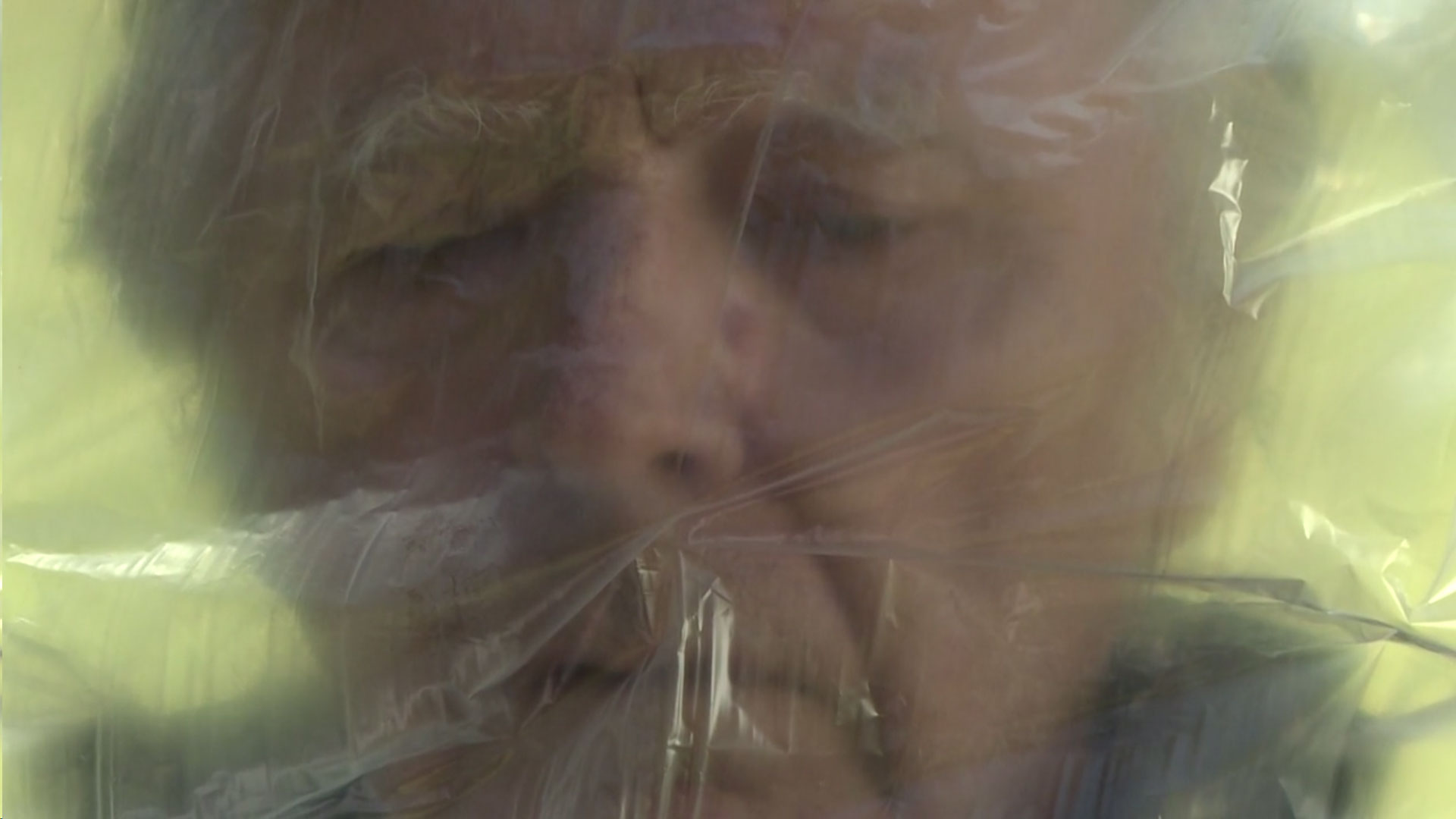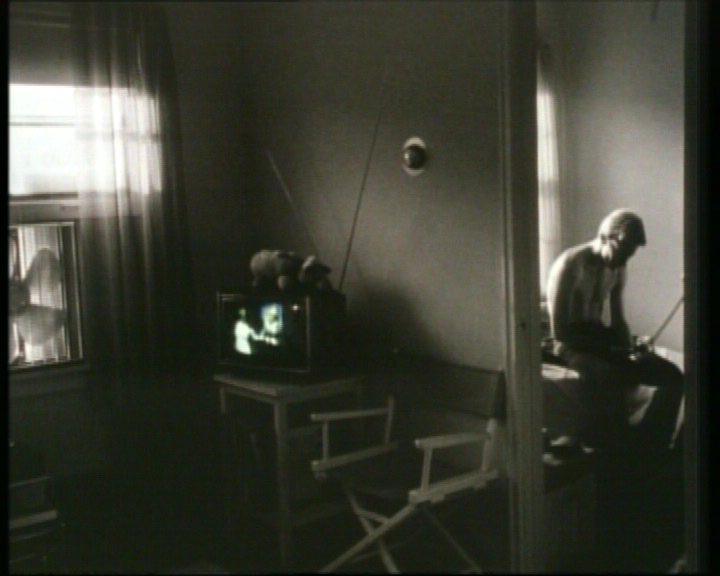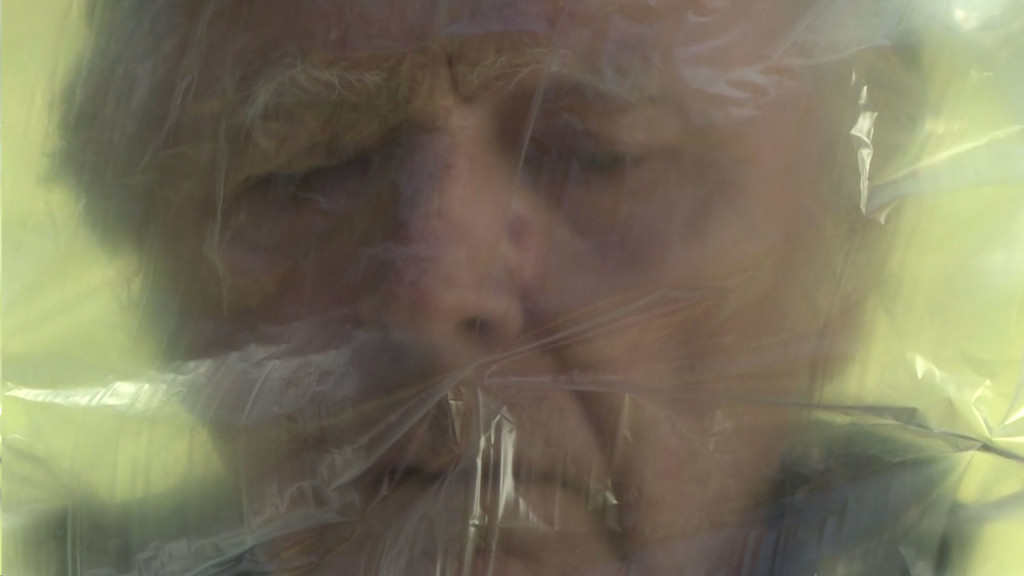May 18th + 19th, 2015
7:30pm, both dates
The Marchesa Theater
6226 Middle Fiskville Road (map)
$8 General / AFS Member levels
Tickets for Coming to Terms, May 18th: HERE
Tickets for Last Chants for a Slow Dance (Dead Ends), May 19th: HERE
“Unlike almost all American directors, Jon Jost is not a traitor to the movies. He makes them move.” – Jean-Luc Godard
Experimental Response Cinema is excited to co-present two films by Jon Jost at the Austin Film Society! Taking place on May 18th and 19th, both screenings will be at 7:30pm, and take place at the Marchesa Theater. An unmissable and rare pair of evenings, with the filmmaker in person! See AFS programmer Chale Nafus’ program notes on Jost on the AFS Viewfinders site, here.
Jon Jost is a veteran film and video-maker, having made his first work in 1963 in Cassina Amata, Paderno Dugnano (Milano), Italy. Since then he’s worked continuously, making some 38 feature length works, more than thirty short films, several installations, along with painting, writing, and playing-composing music (C&W). While his films were screened regularly in major festivals and small ones too, they fail almost all criteria for the present day “market economy” value system, and are more or less not shown outside the festival circuit. In the last few years they seem also to not suit festivals, as the rejection list gets longer. You can read about these films and if you want to, order DVDs of them at http://www.jon-jost.com.
An inveterate traveler, Jon has lived since 1962 in Chicago, San Francisco, Ben Lomond, Los Angeles, Leucadia (Ca.); Cottage Grove (OR), Kalispell, Butte (MT), Berlin, London, Lisbon, Frankfurt, Paris, Rome, New York City, Portland, and Lincoln NE, Seoul, S Korea. He presently lives, on the road in the USA after he quitting his job as “Distinguished Professor” at Yonsei University in July 2011.
Monday, May 18th
Coming to Terms
89 min / digital / sound / 2013
In his uniquely experimental style, veteran filmmaker Jon Jost presents the story of a dysfunctional family called upon to unite for one final task: help the patriarch commit suicide. (Austin Film Society)
“Meditation on death and its psychological impact on a broken family – a subject that has kept Jost (1943) very busy recently and which in this case he has moulded into a special narrative structure. The equally experienced filmmaker James Benning plays the father of the family.
In 2013, Jon Jost had been active for 50 years as a filmmaker. This led him to wonder whether there had been any point in it all, and Coming to Terms is the indirect answer to that question.
An old man (filmmaker James Benning) calls his broken family back together: his two sons with whom he hasn’t spoken for years, as he was unable to accept their choices in life, and their two mothers. While the sons and mothers wonder why they have been called together, the father prepares for their arrival.
Jost throws off traditional narrative conventions in order to penetrate to the emotional core of this meditation on death. The conversations between the family members, reproduced in unusual digital compositions, are juxtaposed with tranquil, deserted shots of houses and streets in an undefined American city. It gives the film a grand allure and ensures that the story is implicitly about the greater American family.” (International Film Festival Rotterdam)
Tuesday, May 19th
Last Chants for a Slow Dance (Dead End)
90 min / 16mm to Digital / sound / 1977
“With exquisite long takes and a powerful performance, Jost tells the tale of a heartless, hateful killer making his way through western Montana.” (Austin Film Society)
“A rarely-seen masterpiece of independent cinema, Jon Jost’s Last Chants for a Slow Dance is a bleak and nuanced road movie, at once elegant in its experimental form, riveting in its narrative maneuvers, and disarming in its emotional intelligence. Shot in dusty Montana, the film doggedly follows Tom Bates—whom Jost calls “a debased modern cowboy”—through a series of everyday occurrences over an unknowable zone of time, employing sinuous long takes that continuously reveal new details. Bates journeys with a young hitchhiker, then tosses him out of his pickup, argues with his wife, visits a local diner, hits a bar, has a one-night stand, and then finally encounters a roadside stranger, leading the film toward an explosive end. Inspired by the Gary Gilmore murder case, Last Chants was written, directed, shot, and edited by Jost for a mere $3,000—he even sings the original, melancholy country-western ballads that serve as the film’s musical soundtrack—yet it evinces a mastery of the medium seldom seen in productions of any budget. Reviewing Last Chants not long after its initial release, the journal Movie observed that it ‘does what virtually no other film made in the USA in the 70’s does—it exemplifies the possibility of a radical alternative cinema, radical and alternative in economic, aesthetic, and political terms.'” (Light Industry)


